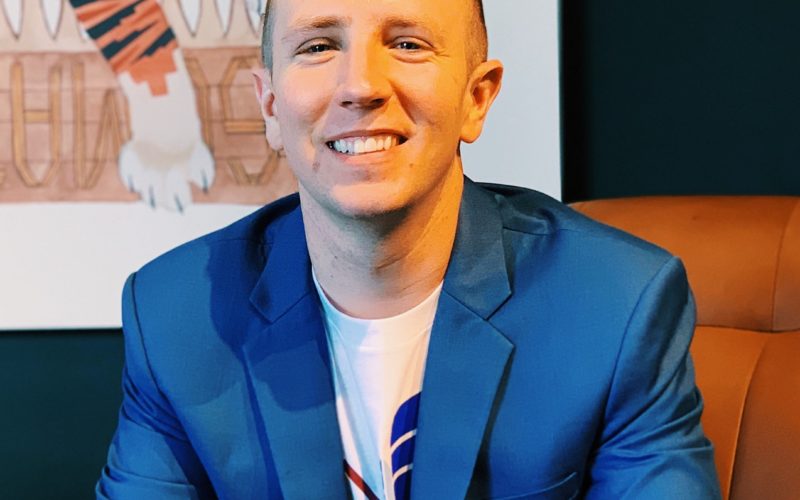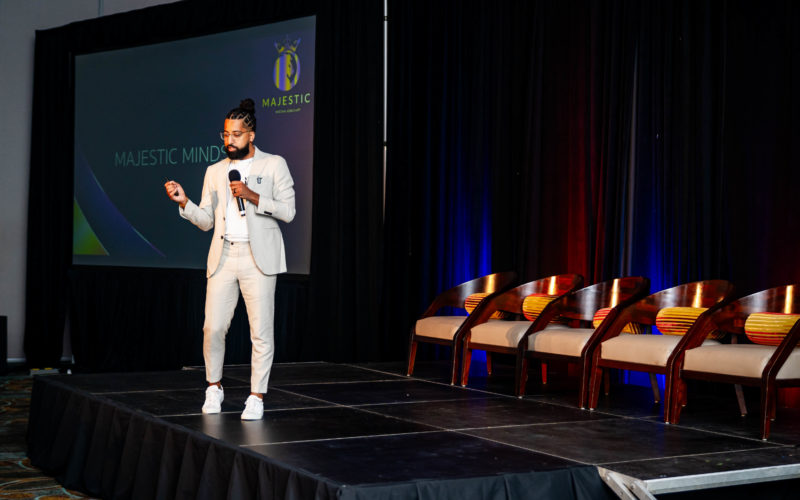Embarking on the path of an RN Health Coach unveils a remarkable odyssey filled with discovery, connection, and global impact. From remote villages to bustling cities, this journey intertwines travel with the pursuit of holistic wellness, bringing forth a tapestry of experiences that enrich both the practitioner and the communities served. Exploring Diverse Cultural Health…
Mastering Power and Influence: Laurens Tijssen’s Unique Approach to Entrepreneurial Success
In the ever-evolving landscape of entrepreneurship, mastering power and influence is essential for achieving sustainable success. Laurens Tijssen offers a unique approach to entrepreneurial success centered around harnessing a powerful position in the market and exerting influential leverage. In this article, we explore Tijssen’s strategies and insights for mastering power and influence in the digital…
The Importance of Developing Relationships With Banks: Insights from Brandon Elliott
Key Takeaways Credit experts know that to get the most out of their credit, they should develop relationships with as many banks as possible. The students of the company, Credit Counsel Elite, and their mastermind members learn that there are numerous benefits gained from doing so. Knowing that there are over 4,300 banks nationwide that…
Decoding Success: Juan Guerrero’s Secrets to Blockchain Mastery
Curious about the buzz surrounding blockchain technology and its potential for transforming industries? Ever wondered how you could leverage this revolutionary technology to propel your career or business to new heights? Join us as we unravel the mysteries of blockchain with Juan Guerrero, and discover his secrets to mastering this cutting-edge technology for success. Understanding…
Skin Deep: Exploring the Vital Connection Between Health and Skincare with Bionassay
Here at Bionassay, we’ve embarked on a journey that transcends the ordinary realm of skincare. For us, it’s not merely about the application of products; it’s about delving deep into the intricate connection between skin health and overall well-being. Our mission is to nurture this profound connection and share its transformative power with you. As…
Cole DaSilva: Revolutionizing Fitness and Inspiring Change
In the dynamic world of fitness and personal development, few names command as much attention and admiration as Cole DaSilva. With his unorthodox approach and unwavering dedication, DaSilva has carved out a niche for himself as a trailblazer in the industry, inspiring millions to embrace a lifestyle of health, wellness, and self-improvement. Through his innovative…
Leandro Rosario: Blending Artistry and Strategy in Digital Branding
Digital presence is synonymous with brand identity, entrepreneurs and businesses are relentlessly seeking innovative ways to stand out in a saturated online world. Leandro, an entrepreneur and the visionary behind Majestic Media, brings to light a compelling approach to this challenge. His strategy? Helping individuals and businesses shine through bespoke content and strategic marketing. This…
Alex Schlinsky’s Wisdom from The ANTI-Hustler’s Handbook Shaping Entrepreneurial Confidence
In “The ANTI-Hustler’s Handbook,” Alex Schlinsky offers a transformative perspective on entrepreneurship, focusing on building confidence. This book is an essential read for any entrepreneur, but for those who haven’t had the chance, this article aims to provide a deep dive into its most impactful lessons and stories. Alex Schlinsky’s journey is not just about…






